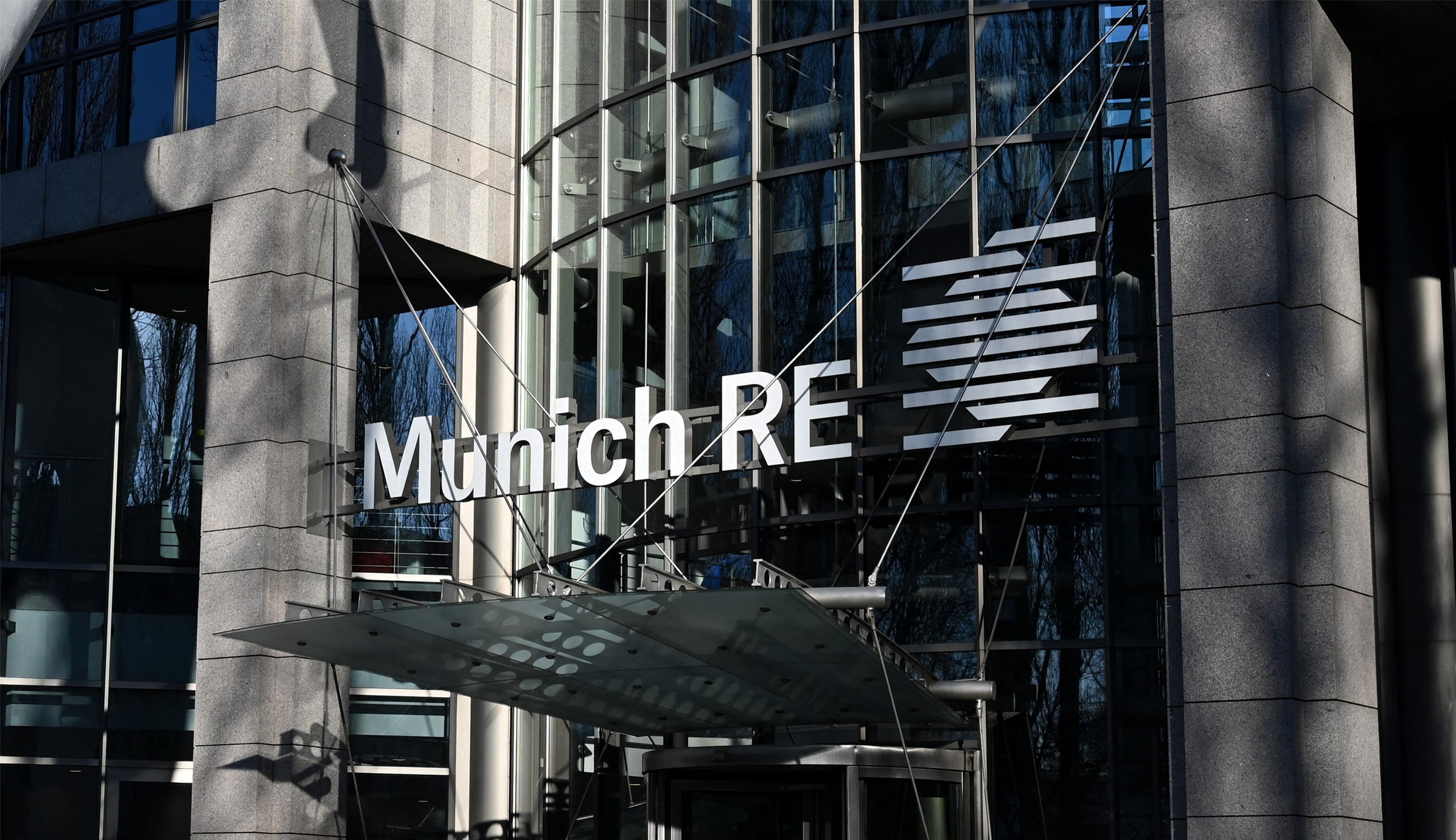

Reinsurance giant will no longer cover exclusive oil or gas projects from April.
Munich Re, the world’s largest reinsurer, said on Thursday that it would end support for new oil and gas fields, new oil infrastructure and new oil plants. The announcement follows a growing trend in the insurance industry, in particular in Europe, to bring policies more in line with climate science.
Following similar moves from other insurance companies including Allianz and Swiss Re, the German group said that from April 1 2023 it will no longer invest in or insure contracts or projects exclusively covering the planning, financing, construction or operation of new oil and gas fields, new midstream oil infrastructure or new oil-fired power plants.
The company did not rule out coverage for new gas pipelines, liquefied natural gas plants and gas-fired power plants.
“Munich Re’s policy sends a message to the wider insurance industry and to the oil and gas sector that they must act urgently to align their business with climate science and the 1.5C climate target or risk not being able to find reinsurance cover,” said Lindsay Keenan, European co-ordinator of Insure Our Future, a global campaign aimed at getting insurance companies to stop funding new fossil fuel infrastructure.
Munich Re’s policy follows a commitment last week by its syndicate in Lloyd’s of London to stop underwriting all traditional oil and gas business by January 1 2023.
The increased adoption of ESG policies by companies was helping encourage such commitments, said Keenan. He doubted that the growing backlash against ESG policies in the US by Republican politicians would spread to Europe. “It’s not a backlash against ESG, but just the latest hobby horse of climate deniers,” he commented. “It’s beyond ridiculous.”
Instead, Keenan said he expected momentum in the insurance industry on climate to grow. “The bulk of reinsurance companies now have coal exclusion policies,” he said, and policies on oil and gas are following. The International Energy Agency made clear in its flagship net zero roadmap published in May 2021 that there must be “no investment in new fossil fuel supply projects, and no further final investment decisions for new unabated coal plants” if the world is to reach the goal of net-zero emissions globally by mid-century.
Munich Re is a founding member of the Net-Zero Insurance Alliance, set up last year under the aegis of the UN Principles for Sustainable Insurance (PSI). Butch Bacani, PSI programme lead, said he was pleased to see the company this week “demonstrate sustainability leadership and concrete climate action”.
“Insurers can achieve real-world impact through their underwriting portfolios by driving down emissions in the real economy,” said Bacani. He also highlighted that climate action involves transitioning to net zero through mitigation actions and adapting to the impacts of extreme weather by building climate resilience. The insurance industry can play “a key role”, commented Bacani.
Science shows extreme weather events globally are becoming more frequent and more intense as the world warms. This trend is set to continue unless emissions are cut rapidly and drastically. The impacts of rising temperatures could reduce global GDP by as much as 18 per cent by 2050, compared with a world without climate change, estimates Swiss Re. Insured losses from natural catastrophes for the first half of 2022 reached $35bn, 22 per cent above the average of the past 10 years, announced the company in August.
Similar Articles

In Charts: Redemptions drag global climate fund flows to lowest level in four years

In Charts: Canada, Japan, South Korea ‘blocking clean energy transition’ with fossil fuel finance


